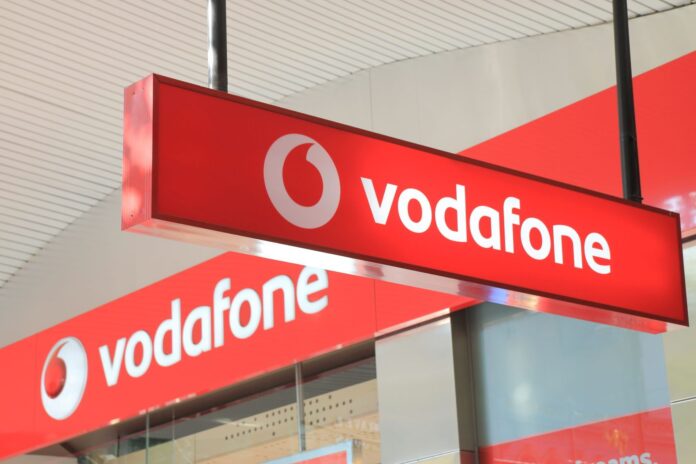U.K. telecommunications group Vodafone said that its customers can use 5G services in more than 100 places in the U.K. and other European countries.
Specifically in the U.K, the telco said that its 5G offering has been recently activated in Belfast , Edinburgh and Leeds. The telco also announced it has expanded 5G in greater Manchester with the first 5G sites in Cheadle, Rochdale, and Stockport.
The operator also said that it now offer 5G roaming in five locations in Ireland: Cork, Dublin, Limerick, Galway and Waterford. 5G roaming already covers Germany, Italy, Spain and the U.K. as part of Vodafone’s 5G rollout.
In addition, Vodafone claimed to be the first U.K. company to successfully introduce 5G multi-operator radio access network (MORAN) technology. This enables providers to share the same mobile base station, helping to reduce energy usage and the number of masts needed.
“We have started the new year as we mean to go on. We now offer 5G in double the number of places than our nearest rival and we have significantly boosted the capacity of our network,” Vodafone UK CEO Nick Jeffery said. “It is ready for the arrival in 2020 of some great new 5G handsets and the next big software release bringing ultra-low latency. Together, these will push 5G to the next level.”
In July 2019, Vodafone launched 5G services in Birkenhead, Bolton, Gatwick, Lancaster, Newbury, Plymouth, Stoke-on-Trent and Wolverhampton, Birmingham, Bristol, Cardiff, Glasgow, Manchester, Liverpool and London. The operator ended 2019 with 5G coverage in 34 cities and towns across the country, according to the telco’s website.
Last year, U.K. telcos obtained spectrum for the provision of 5G services. Vodafone won 50 megahertz of spectrum in the 3.4GHz band after paying £378 million (currently $496 million).
U.K. telecommunications regulator Ofcom had recently confirmed plans to release additional spectrum for the provision of 5G services in spring 2020. In a statement, Ofcom said that the auction will include 80 megahertz in the 700 MHz band and 120 megahertz in the 3.6-3.8 GHz band to support the expansion of 5G services across the U.K.
Ofcom also said that the country’s four mobile operators had agreed to cooperate on improving rural coverage, which will make the regulator to drop a previous proposal to include coverage obligations in spectrum licenses.

